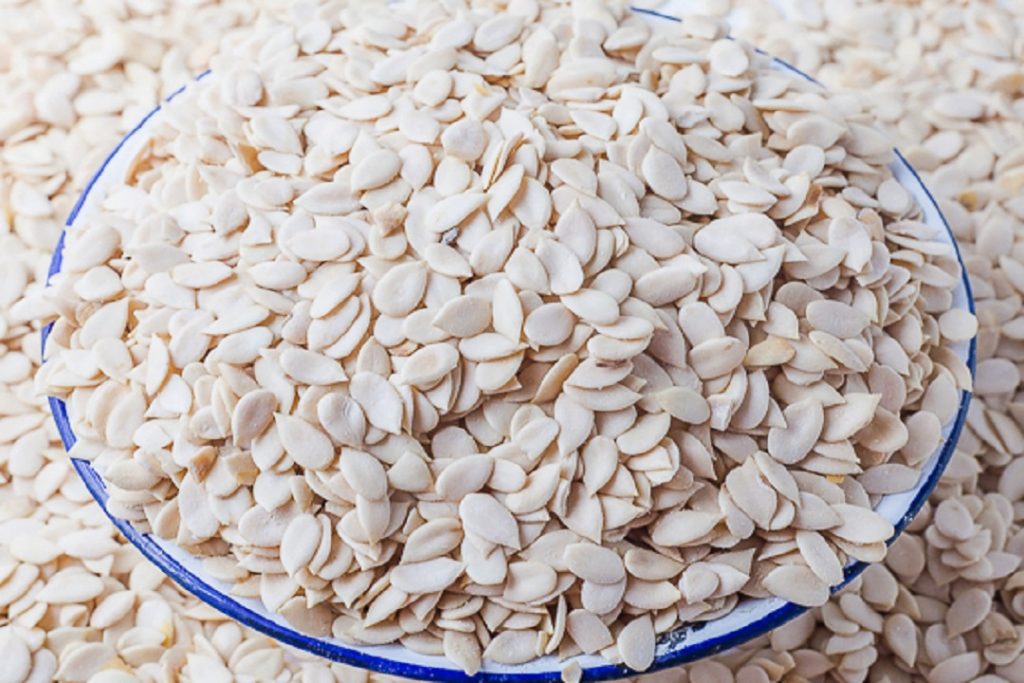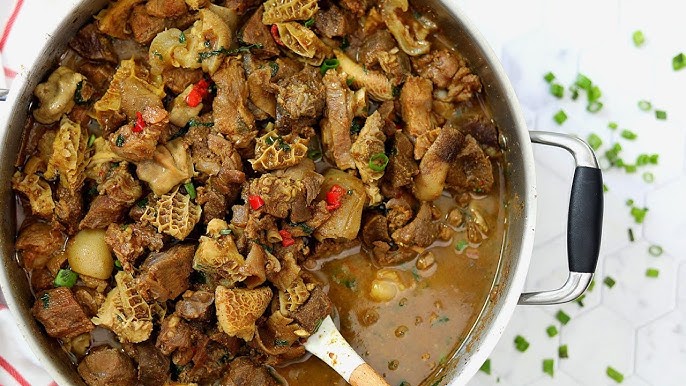Nigeria’s soaring food prices have pushed many families into a corner, forcing them to rethink
how they shop, cook, and eat. As inflation bites deeper, even middle-income homes are finding
it hard to maintain their usual food routines. The kitchen table has become a direct reflection of
the nation’s economic struggles.
Food Budgeting: From Full Meals to Survival Plates
What used to be balanced, protein-rich meals are now being swapped for carbohydrate-heavy
plates that fill the stomach but offer less nutritional value. Many families who used to serve rice
with a full piece of chicken now settle for smaller cuts or no protein at all. Instead of eggs for
breakfast, it’s now common to see people opting for plain bread, pap (ogi), or the cheapest
cereal available.
Families are also reducing the number of daily meals. Skipping breakfast or combining lunch
and dinner into one larger meal is becoming a survival tactic in many homes.
The Rise of Cheaper Alternatives
Many homes are now swapping out expensive food items for cheaper substitutes. Proteins, in
particular, have taken a big hit. Instead of beef, which can cost over ₦5,000 per kilo, families are
turning to more affordable options like eggs, small fish (like mackerel or Titus), or even
plant-based protein sources like beans.
Both pepper and tomatoes have become luxury items in many markets. Pepper prices have
skyrocketed from ₦50,000–₦70,000 per bag to over ₦200,000, while tomatoes, which used to
be a staple, are now too costly for many. As a result, families are cutting back on fresh tomatoes
and turning to cheaper sachets of tomato paste to stretch their cooking.
“We just use small tomato paste now and add onions to make it taste like stew,” one Lagos
market shopper said. “Buying fresh tomatoes is almost impossible for us.”
Some households now blend more tatashe (red bell pepper) or use more onions and palm oil to
add flavour and colour to meals, reducing their reliance on expensive peppers and fresh
tomatoes.
Street vendors and buka owners also report that customers increasingly ask for more carbs and
smaller portions of protein.
“We’ve gone from one piece of meat per plate to half or none,” one food vendor in Lagos
shared. “People just want to feel full. They are not chasing balance anymore.”
Bulk Buying vs. Daily Market Runs
The way Nigerians shop is also shifting. Bulk buying used to be seen as the smarter, more
economical choice, but with incomes shrinking and food prices constantly changing, many now
prefer buying smaller quantities as needed. It’s easier to manage, even if it’s not the cheapest
long-term solution.
Some families are joining cooperative groups to pool resources and buy food in bulk directly
from farmers or wholesalers to cut costs.
The Emotional and Nutritional Toll
Dieticians warn that this shift toward lower-cost, lower-nutrient foods could have long-term
health consequences, especially for children. With fewer fruits, vegetables, and proteins on the
table, malnutrition is becoming a hidden threat in both urban and rural households.
“It’s not just about being hungry,” one nutritionist in Lagos noted. “It’s about eating enough of the
right things to support growth, immunity, and long-term health.”
A Reflection of the Economy
Ultimately, what’s on the average Nigerian’s plate today is a snapshot of the country’s current
economic landscape. From high transportation costs to insecurity in food-producing regions, the
journey from farm to table is now more expensive and less predictable.
For many families, the goal is no longer to eat well, it’s simply to eat enough.



